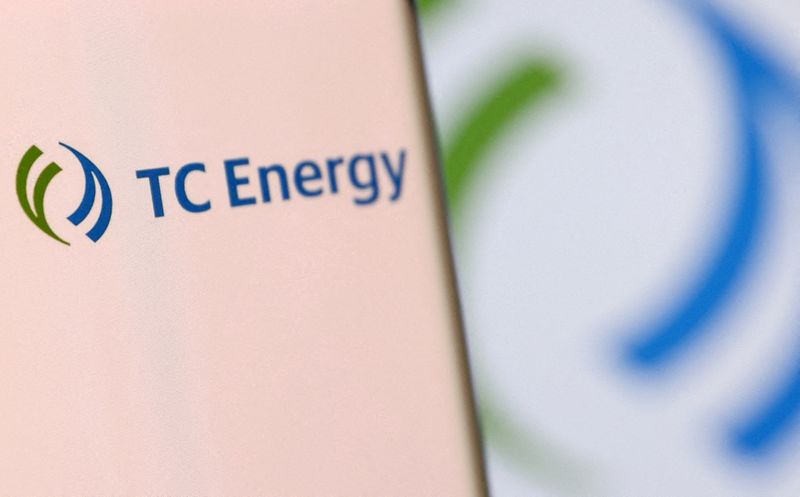By Rod Nickel
WINNIPEG, Manitoba (Reuters) - TC Energy (NYSE:TRP)'s planned oil pipeline spin-off is a bet that it can supply more Canadian crude to U.S. Gulf of Mexico refiners, but the venture faces stiff competition and will carry high debt when it starts up.
The South Bow spin-off, which TC investors will vote on June 4, will help Calgary, Alberta-based TC lower its own high debt load and focus on moving natural gas.
South Bow's entry comes as Canada, the fourth-largest global oil producer, gains expanded options for moving crude. Rival Trans Mountain opened its expansion last week to draw more barrels to the U.S. West Coast and Asia.
South Bow also faces larger Canadian rival Enbridge (NYSE:ENB), which is pursuing its own U.S. Gulf strategy and owns in Texas the largest U.S. oil storage and export terminal.
Gulf exports are not a strong option, however, for South Bow, which has access to third-party marine facilities, said Hillary Stevenson, senior director of energy market intelligence at research organization IIR Energy.
The Keystone pipeline, South Bow's signature asset, ships 622,000 barrels per day (bpd) from Canada to Nebraska, where it branches off to the Midwest and Cushing, Oklahoma. From Cushing, the Marketlink pipeline carries 750,000 bpd of crude to Texas refineries.
Shippers have reserved 94% of Keystone under long-term contract, leaving remaining capacity for the spot market.
South Bow's capital priorities will be repaying debt, organic growth and shareholder returns, its incoming president, Bevin Wirzba, said on a quarterly conference call on Friday.
Wirzba, who declined an interview request, has previously said the Gulf offers "tremendous opportunity," citing additional demand last year on Marketlink and potential joint infrastructure projects.
U.S. Gulf operational refining capacity, however, is set for a net 2% decline by 2025 as the closure of LyondellBasell's 263,776 bpd Houston refinery next year eliminates more output than incremental expansions at other facilities will add, Stevenson said.
That leaves South Bow's plan to increase its portion of the medium and heavy sour crude refined in the Gulf dependent on displacing other foreign suppliers.
Construction of Mexico's newest refinery offers just such an opportunity when Pemex's 340,000-bpd Olmeca plant comes online this year, processing more Maya crude domestically instead of on the U.S. Gulf Coast.
"South Bow is positioning itself to supply the missing Maya barrels," Stevenson said.
HIGH DEBT
South Bow will also be constrained by high debt from its start. The spin-off will issue C$7.9 billion ($5.75 billion) in debt to redeem debt that currently sits in TC and expects to carry debt below five times its EBITDA at spin.
U.S. midstream competitors typically carry less than four times debt to EBITDA, said Rob Thummel, senior portfolio manager at Tortoise Capital, which owns TC shares.
"They're going to be more of a slower-growth type of entity, not necessarily an aggressive acquirer," he said. "(High debt) limits your ability to grow."
South Bow plans to deliver 2-3% compound annual growth, underpinned by a 16-mile (26-km) crude pipeline tying into International Petroleum Corp's Blackrod oil sands project by 2026, TC has said.
South Bow's assets and cash flow make it a solid business and capital spending requirements are modest, said Brianne Gardner, senior wealth manager at Velocity Investment Partners. Pipelines also hold value as they may become more difficult to build in the face of environmental pressure, she said.
($1 = 1.3731 Canadian dollars)
